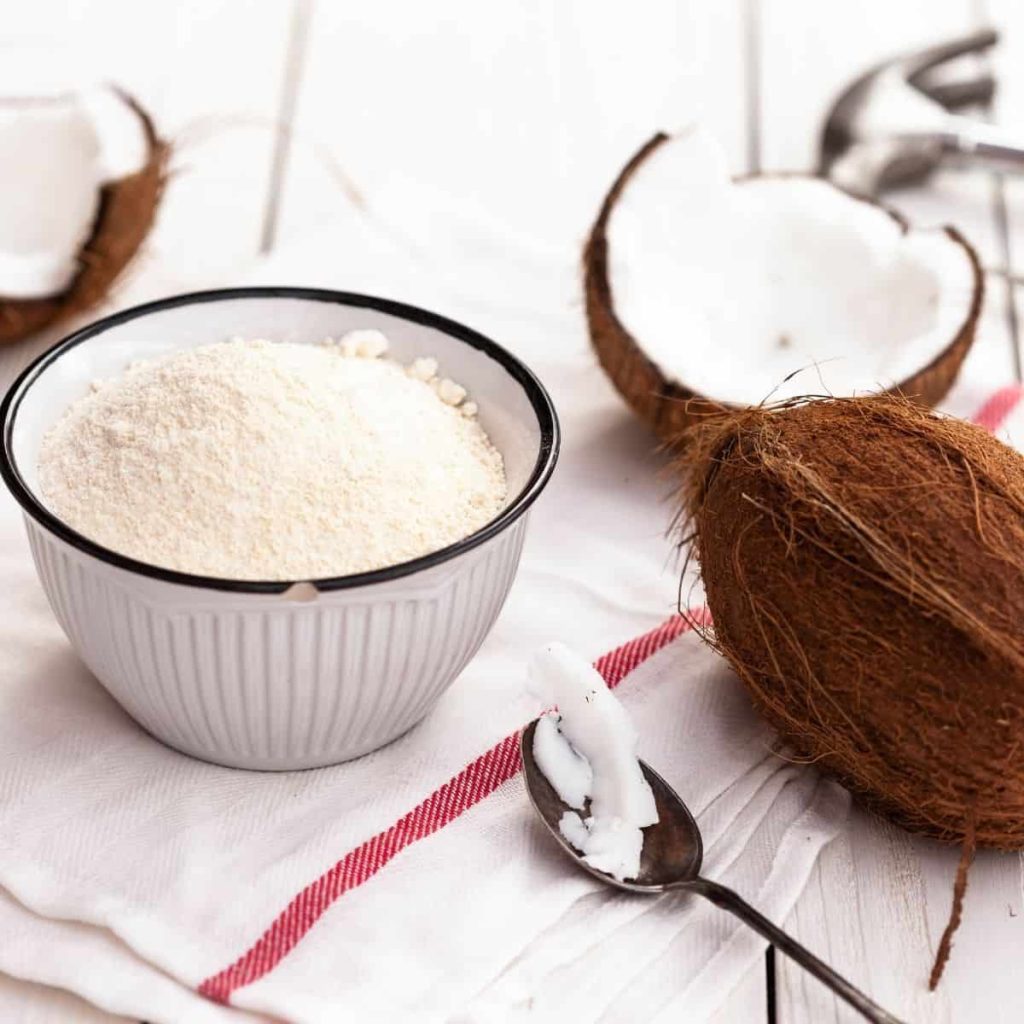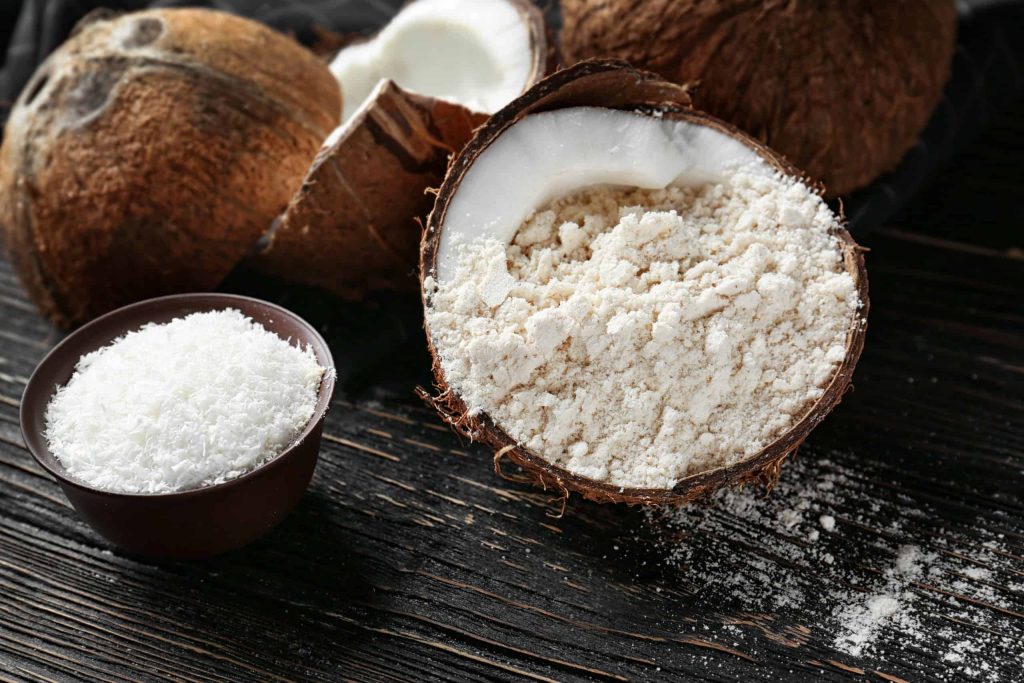Have you ever wondered if coconut flour goes bad? If so, you’re not alone. Many people who incorporate coconut flour into their baking recipes are curious to find out what the shelf life of this product is. As it turns out, coconut flour is a fairly stable product and can last for quite some time without going bad. Let’s take a closer look at how long it will remain fresh and edible.

Table of Contents
What You Need to Know About Coconut Flour
Coconut flour is a great gluten-free alternative for baking, and it has many nutritional benefits. It is made from coconut meat that has been dried and ground into a powdery consistency. Coconut flour is naturally high in fiber, low in carbohydrates, and rich in protein. It also contains healthy fats, minerals, vitamins, and antioxidants.
Coconut flour can be used to make a variety of recipes, including cakes, muffins, pancakes, and breads. It is also great for thickening soups and sauces. However, it should not be used as a direct substitute for wheat flour in recipes because it absorbs more liquid than wheat flour. Therefore, when substituting coconut flour for wheat flour, it is important to use more liquid in the recipe and to adjust the amount of other ingredients accordingly.
Coconut flour can also help make baked goods lighter and fluffier because of its high fiber content. In addition, because it doesn’t contain gluten, it helps keep your baked goods tender without becoming overly dense.
Does Coconut Flour Go Bad?
It certainly does – but given proper storage conditions its shelf life can be extended significantly!
Store-bought varieties can last for up to two years unopened and one year once opened, while homemade flours should only last for three months when properly sealed in an airtight container at room temperature.
The shelf life of coconut flour depends on a few factors, including how it is stored and the type of container that it is stored in.
Generally speaking, unopened packages of coconut flour should last up to two years when stored in an airtight container at room temperature. Once opened, however, the shelf life drops to one year if stored properly.
Read more: How Long Does Coconut Flour Last? Extending the Shelf Life of Coconut Flour
How to Store Coconut Flour
It is important to store your coconut flour in an airtight container and store it in a cool, dark place away from direct sunlight or high temperatures. This will help keep the oil content of the flour low and prevent any rancidity or off flavors from developing over time. Additionally, make sure that your coconut flour is kept away from moisture as this can cause mold to grow on the surface of the flour.
It is also important to note that homemade coconut flours won’t last as long as store-bought varieties due to their lack of preservatives and additives. Homemade flours should be used within three months if stored properly at room temperature.
By preserving your coconut flour in this way, you can prevent it from becoming rancid and losing its freshness. You can also keep your coconut flour in the freezer if you don’t use it often.
Freezing will help to extend its shelf life even further and make sure that it stays nice and fresh. If you do choose to freeze your coconut flour, be sure to seal it tightly before putting it into the freezer so that no moisture can get in. When you’re ready to use it, simply thaw it out and follow the recipe instructions as usual.
With proper storage, your coconut flour will stay fresh for up to two years, giving you plenty of time to enjoy all of its delicious baking applications!

For added safety, you can also store your coconut flour in the refrigerator. While it’s not necessary, it will help to extend its shelf life and ensure that you always get the freshest coconut flour possible.
To keep it as fresh as possible, make sure to store your coconut flour away from any strong odors or moisture, as these can affect its flavor.
If you have opened a bag of coconut flour and don’t plan on using it all at once, transferring the remaining amount into an air-tight container before storing it in the refrigerator is recommended. This will help to keep it fresher for longer periods of time.
By following these simple storage tips, you can make sure that your coconut flour stays as fresh and flavorful as possible. Whether you choose to store it in the pantry, freezer, or refrigerator, proper storage is key to ensuring that your baking projects turn out perfectly!
Conclusion
In conclusion, coconut flour can go bad if it is not stored correctly. It should be kept in an airtight container and placed in a cool, dark place to reduce the risk of spoilage. If you’re unsure whether your coconut flour has gone bad or not, always use your best judgment when deciding to consume it or discard it. With proper storage methods, you can enjoy all the health benefits that come with using this type of flour for baking and cooking without having to worry about its expiration date!
References:
https://www.mdpi.com/1420-3049/26/15/4641
https://ifst.onlinelibrary.wiley.com/doi/abs/10.1046/j.1439-0361.2003.02062.x








